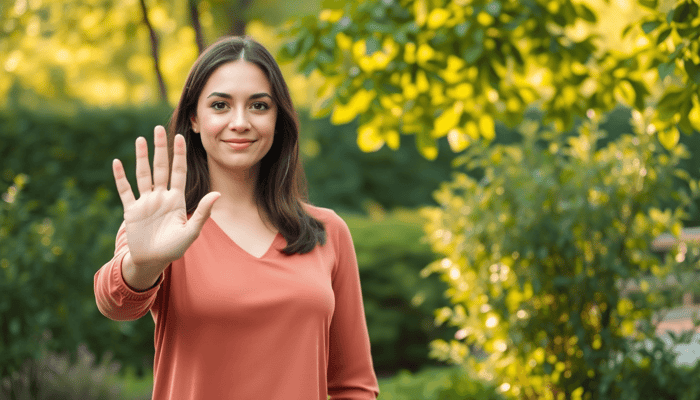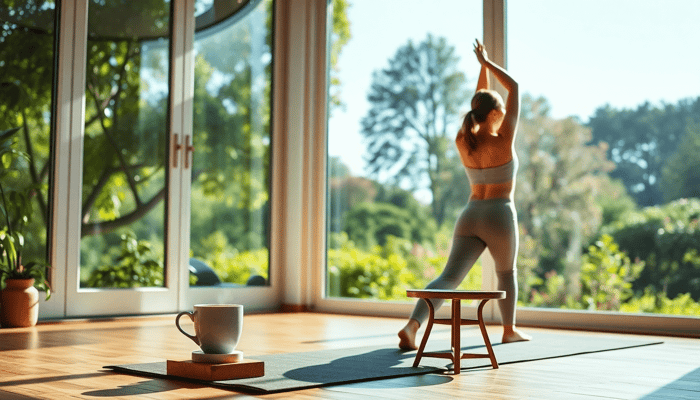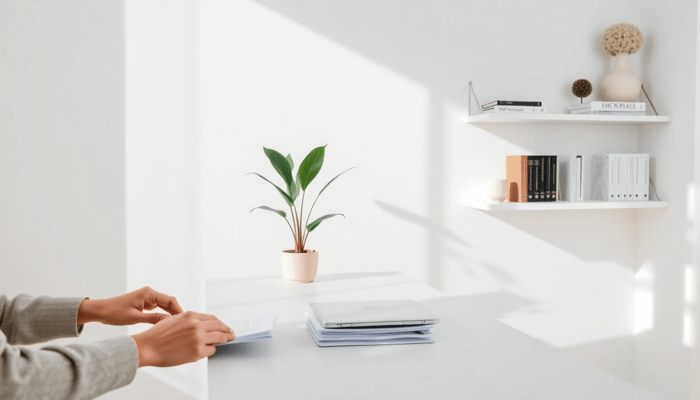Table of Contents
It seems that everyday, where demands on our time and energy seem to be constantly increasing, the ability to say "no" has become a crucial skill. I've learned firsthand the importance of setting boundaries and prioritizing self-care.Lets talk about the art of saying No.
The Importance of Saying No
In a society that often values productivity and constant availability, saying "no" can be seen as a sign of weakness or a lack of commitment. However, the reality is quite the opposite. By learning to say no, we're actually empowering ourselves to focus on what truly matters, both in our personal and professional lives.
When we say yes to everything, we risk burnout, stress, and a loss of joy in the things we once loved. By saying no, we're able to protect our time and energy, ensuring that we have the resources to devote to the people and projects that truly align with our values and goals.
Overcoming the Fear of Saying No
One of the biggest obstacles to saying no is the fear of disappointing others or damaging relationships. We may worry that saying no will be seen as selfish or that it will negatively impact our standing in the workplace or within our social circles.
However, it's important to remember that the people who truly value us will understand and respect our need to set boundaries. By communicating our reasons for saying no in a clear and compassionate way, we can often maintain strong relationships while still prioritizing our own well-being.
Strategies for Saying No
There are a few key strategies that can help us become more comfortable and confident in saying no:
- Practice Saying No: The more we say no, the easier it becomes. Start small by declining requests that are clearly outside of your priorities or capabilities, and gradually work your way up to more challenging situations.
- Offer Alternatives: Instead of simply saying no, try offering an alternative solution or suggestion. This shows that you're still willing to help, but on your own terms
- Set Boundaries: Establish clear boundaries around your time and energy, and communicate them to the people in your life. This helps to set the expectation that you're not available for everything.
- Prioritize Self-Care: Make sure to carve out time for yourself, whether it's through exercise, meditation, or simply taking a break. This will help you maintain the energy and focus to say no when necessary.
The Benefits of Saying No
By learning to say no, we open up the door to a more fulfilling and balanced life. When we're not constantly stretched thin, we have the mental and emotional resources to truly engage with the things that matter most to us.
This can lead to a greater sense of purpose, improved relationships, and a deeper connection with ourselves. It can also help us to be more productive and focused, as we're able to devote our full attention to the tasks and projects that align with our goals.
Conclusion
In the end, the art of saying no is about more than just setting boundaries – it's about honoring our own needs and values, and creating the space to live a life that truly fulfills us. By embracing this skill, we can not only protect our time and energy, but also cultivate a deeper sense of purpose and joy in all that we do.
It’s important to find that same sense of balance and well-being. Whether it's a soothing candle, a luxurious bath soak, or a thoughtful gift, our mission at Candlesbubblesnbliss by LM is to help our community find moments of peace and self-care amidst the chaos of everyday life.
So, if you're feeling overwhelmed and in need of a little respite, I encourage you to explore our collection and discover the power of saying no. Because when we take care of ourselves, we're better equipped to take care of the people and things that matter most.




